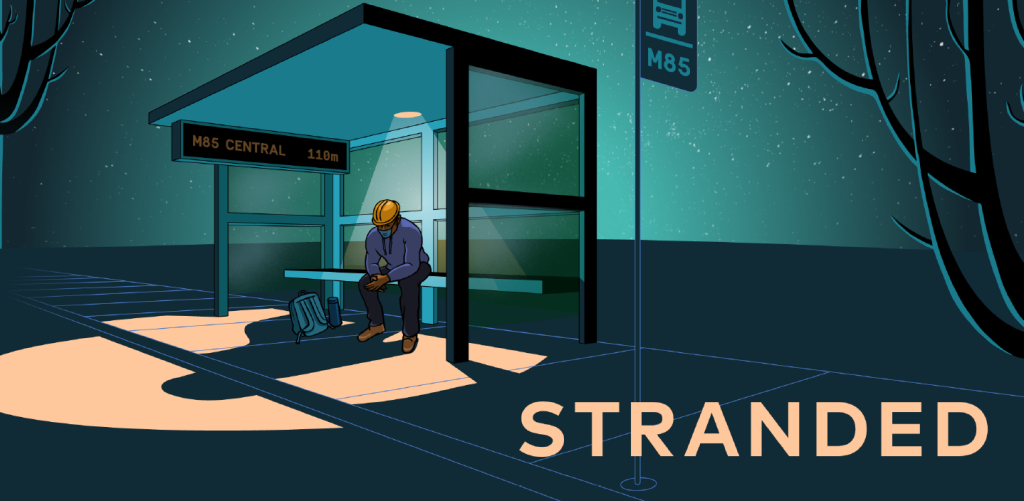Without $32 billion in emergency funding needed for public transit, public transportation will be devastated both locally and across the country.
A new report released by TransitCenter and Center for Neighborhood Technology details the impact for people in Chicago and 9 other regions.
As emergency funding from the CARES Act runs out, transit cuts averaging 40 percent across major U.S. regions would result in more than 3 million people losing access to frequent transit, according to the report. The study finds that in the Chicago region, nearly 210,000 people would lose access to frequent transit near their home, and more than 55,000 would lose access to frequent transit near their workplace.
Take action now to send a message to Congress to #SaveTransit with $32 billion in emergency funding!
The transportation impact would fall most heavily on Black residents and people of color, as has already been the case during the COVID-19 crisis. Black residents make up 17 percent of our region, but 24 percent of those who would lose access to frequent full-day service.
Nonwhite and Hispanic residents make up 47 percent of the region, but would comprise 75 percent of those who would lose access to frequent full-day transit service.
Second- and third-shift workers who rely on transit would face even more difficult commutes. Here are more details:
- In the Chicago region, nearly 210,000 people would lose access to frequent transit near their home, and more than 55,000 would lose access to frequent transit near their workplace
- 28,034 Chicagoland commuters who leave home between midnight and 5 a.m. would lose access to service that runs frequently 24-hours-a-day
- 38,850 Chicagoland commuters who leave work between midnight and 5 a.m. would lose access to service that runs frequently 24-hours-a-day
- 9,663 Chicagoland households without access to a private vehicle would lose access to frequent transit
The report shares a specific story of local resident Tom Hagglund, 66, who wondered whether he can continue to rely on public transit to get to work, or if he’ll have to pay for taxi rides he can’t afford.
“Some days I just give up and say, ‘Okay, it will cost me $25 or $30, but at least I’ll get to work on time,’” said Hagglund, who performs essential support work for the University of Chicago Medical School and Rosalind Franklin University. “But that eats up a huge percentage of my daily budget. I’m very concerned, especially for people who are sick, or older, or can’t afford to get around the city on anything other than transit.”
As the report makes clear, the human impact of not saving transit would be catastrophic for our region. That’s why Congress must #SaveTransit by including $32 billion for emergency funds for transit in the next stimulus package.


